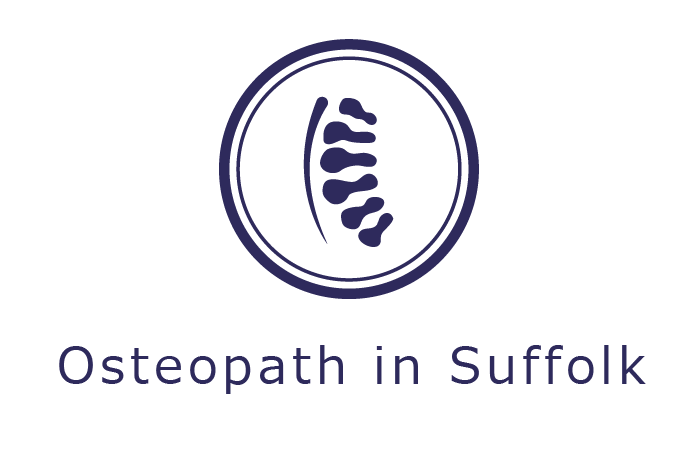Hyperbaric Oxygen Therapy and your recovery
Oxygen.
It’s something we are all aware of, we know we all breathe it, are surrounded by it and on a day-to-day basis, it’s rarely something we think about.
Until we get injured.
I’m going to shortcut a long-winded physiology explanation. When you are injured, Oxygen becomes even more vital, because tissue repair is massively dependent upon it.
But not all of our body’s tissues get oxygen at the same rate – hypo-vascular tissues (tissue without their own blood supply) like tendons and ligaments don’t heal at the same rate as muscles and part of the reason for that is because they don’t get Oxygen at the same rate as the muscles surrounding them do.
So, the question becomes, how can we get as much oxygen into these tissues as possible?
Well, that’s where HBOT comes in. Hyperbaric Oxygen Therapy (HBOT) will be familiar to anyone who has learned about the Bends from SCUBA diving, but the application of it outside of diving medicine is rarely talked about.
And the applications are huge.
HBOT can be used to help the symptoms of MS, treat serious burns, chronic fatigue syndrome, insomnia and the list goes on; but its application in the treatment of musculoskeletal injury is where I have had some of the best experiences of it.
I treat a lot of MMA fighters (Cage fighters), usually from the excellent training facility that is Bluewave MMA in Bury St Edmunds.
A few years back, one of their team was 2 weeks out from competing in the world championships. He arrived in the clinic on crutches, having sustained a severe and acute hamstrings tendon tear. To be honest, I knew that Osteopathy had no hope of getting him fixed in time to fly out, so I rang the HBOT chamber at Great Blakenham and he was in the chamber the same afternoon. He went in on crutches and walked out. I am not joking or exaggerating. He went back 3 more times, experiencing a total resolution of his symptoms in 4 sessions.
So this is a modality that I’ve been working with for a few cases over the years, but recently, research has started coming out to show that HBOT is actually able to pause the degeneration of our DNA – this being one of the major parts of the process of aging! (Diving news story) I’m keeping an eye on this, but it’s certainly something that feeds into my desire to find ways to help you all live better, longer lives.
This has lead us here at OIS to start recommending HBOT more widely. Not just for MSK issues, but for patients with health issues that are affecting their wider quality of life. I’ve had reports from many of those patients about how their sleep improves, their energy levels are higher and their symptoms are less impactive on them.
If you’d like to know more about HBOT, have a look at the local chamber, which is run by an amazing charity: www.suffolkoxygentherapy.co.uk. If you think that this is something that you might want to try, but aren’t sure if it would be right for you, please drop me an email and we can talk it through. If you are in the clinic, we have some of their leaflets kicking about we’ll happily share with you.
